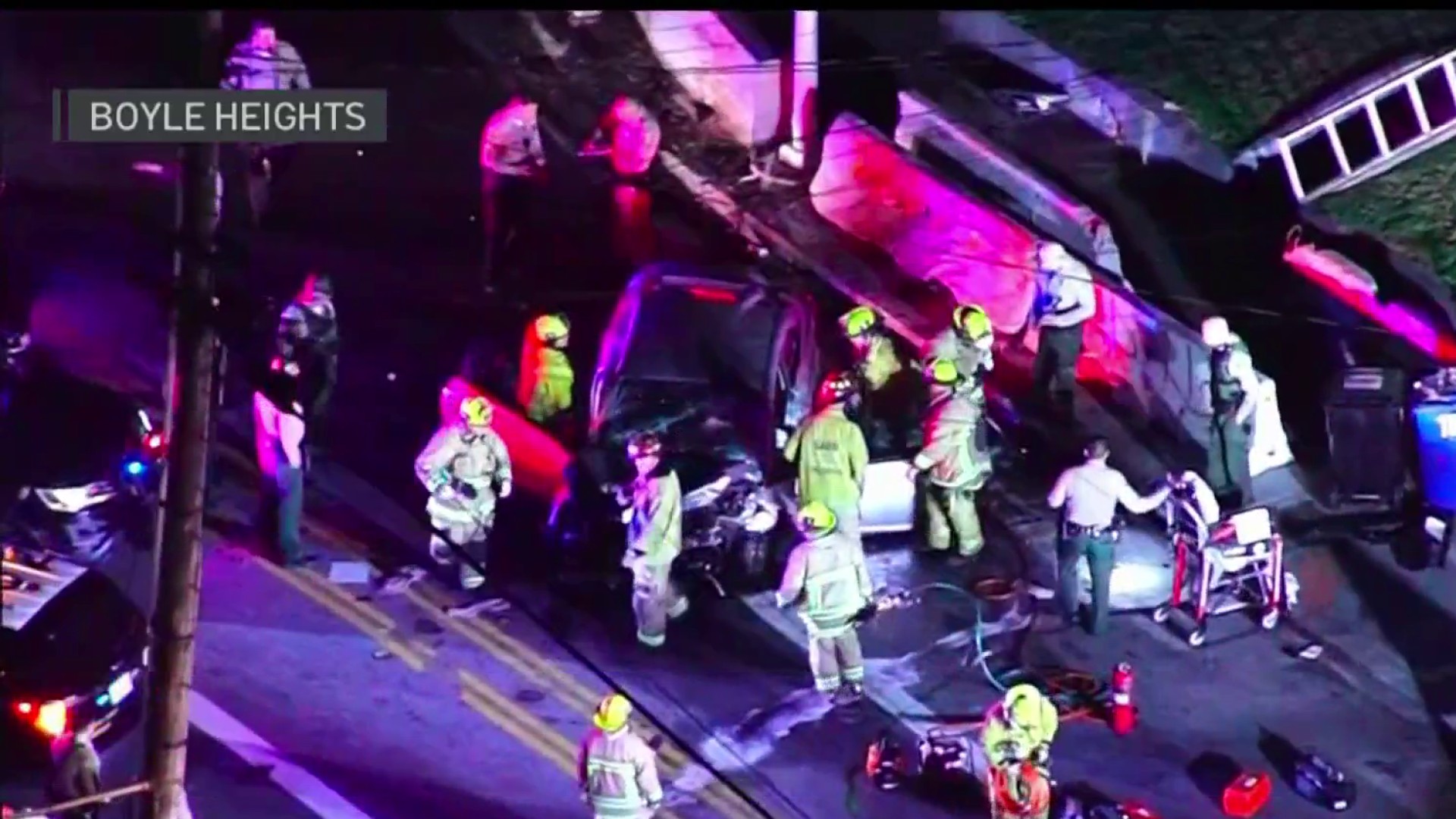Los Angeles police officers who claimed to be on patrol duty and responding to calls were found instead to be writing reports, doing follow-ups on investigations and performing storage room duties, the police watchdog said in a report released Friday.
Inspector General Alexander Bustamante's office began looking into possible inaccurate reporting of patrol deployment numbers after learning in March it may be happening at five stations in three of the LAPD's four bureaus.
An initial investigation found the inaccurate reporting of patrol deployment numbers had been happening for longer than a month, and evidence "showing the practice existed in at least five (stations) across three bureaus," the report said.
Bustamante's office then did a preliminary investigation into two divisions, which are areas covered by one police station, and found several misreporting instances that "resulted in a portrayal that more officers were on the streets patrolling than actually existed."
Each police station is required to adhere to a computer-generated patrol plan that helps officers meet the mandated goal of responding to calls within seven minutes and spending 40 percent of their time on patrol. The OIG did not look into how response times fared, in light of the inflated patrol numbers.
The report said the Office of the Inspector General investigated instances in which officers were "assigned to patrol on paper or in one of several databases but was never intended to go on patrol or to respond to calls for service.
"It appears that area personnel provided inaccurate accounts of actual patrol strength to (the LAPD Office of Operations), and not to the public, for the express purpose of meeting the patrol plan mandate."
News
Top news of the day
Often the officers would clock in as being on patrol, but remain at the station to complete administrative duties or go out into the field to do investigative work, such as testing for fingerprints at crime scenes.
In one case detailed in the report, an officer with investigative support duties logged in as being on patrol, but instead of responding to calls, did field investigation work, such as testing for fingerprints at crime scenes. Another officer logged in as being on patrol instead stayed at the station to work in the equipment storage room.
The OIG also found that gang-unit officers assigned to a patrol car did not respond to calls. Instead, they did administrative work and gang-unit- related duties. The report also described a case in which an officer who was supposed to be on patrol, spent six hours writing reports, doing administrative work and following-up on investigations.
In another instance, a watch commander who's job is to stay at the station to monitor calls, reported being on field supervisor duty. The OIG's findings resulted in top LAPD officials issuing stern warnings to all police stations and the commanding officers at all four bureaus.
The director of the LAPD Office of Operations emailed all of its staff officers, ranked commander and above, in May telling them improperly assigning officers is prohibited, according to the OIG report.
"Be very clear that employing this type of feigned deployment practice is NOT permissible," the email said. "If such a strategy is currently being utilized on any watch or in a specialized unit in your bureau, you shall cause it to be terminated immediately."
All LAPD captains and above who have a role in deploying patrol also were ordered to read the OIG's report. Regular audits and inspections of each police station have been set up to make sure the patrol plan is properly followed.



